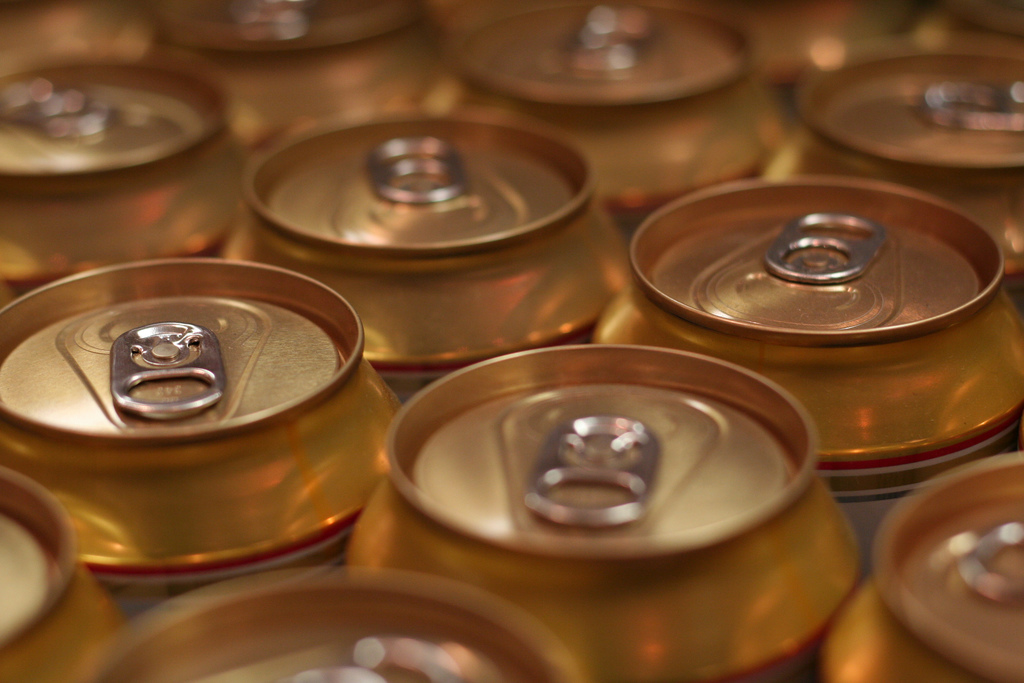
You’ve probably heard of the latest craze sweeping the internet. Neknominations received so much media coverage over the past few weeks it has been hard to miss them. But how are the media covering it, and are they informed enough to report on it accurately?
Our country doesn’t have a good reputation of being clued-in when it comes to modern technology and social media. In the past, politicians such as Fidelma Healy Eames have shown a complete lack of understanding of social media, by stating: “Take for example the form of fraping – where you’re raped in Facebook, where a youngster has their status open and another person puts a message on there as if they wrote it.” This statement went viral on the internet, not only for the odd description of fraping, but also for the incorrect use of the word status instead of profile. Is the media reaction to neknominations as outdated as this Facebook reaction?
On a recent Prime Time programme, Miriam O’Callaghan presented a debate on the trend of neknominations. During the debate Minister of State at the Department of the Environment, Jan O’Sullivan urged Facebook “to take the page down”. When O’Callaghan responded with “the problem with something like this, with neknominations on Facebook, is it’s everywhere. So how do Facebook take it down in a sense because you’ve got to take down so many conversations?”, the Minister’s unrealistic response was a display of lack of understanding of social media by the government. She responded: “They are the technically able people, they are the people ultimately responsible for Facebook….so I don’t see why it can’t be done.”
Comments made by Mr Justice Paul Carney last week also gained significant media coverage. The High Court judge stated if drinking games such as neknominations continued, there would be a “tsunami” of rape and murder trials. He made this statement following the sentencing of a man who raped an acquaintance after consuming six or seven pints under normal circumstances. A worrying comment due to the fact that the media seems to be linking these crimes to drinking games.
Media reaction in general has been negative towards neknominations. The reaction on social media to some of the neknomination antics went as far as threats. Rachel Carey from Newry, dropped a goldfish into her pint and necked it. When the video was uploaded to Facebook the backlash was intense, with Carey being sent abusive messages and rumoured death threats from animal lovers and people outraged by what she’d done. Following the abuse, Carey posted a number of statuses apologising for her actions, ending with: “It was stupid I get it but all those who (are) bullying, sending death threats and everything else, I get it. Feeling depressed.” She then removed the video and changed the name of her Facebook page.
When the first reported deaths relating to neknominations surfaced, the media was appalled. A 22-year-old DJ was found in Dublin, his death believed to be related to drinking games, while a 19-year-old Carlow man drowned after jumping into a river following a neknomination. An emotional message by the Carlow man’s brother was reported by many media sources, no doubt to try and make all young people aware of the dangerous nature of neknominations. “This neck nomination [thing] has to stop right now. My young 19-year-old brother died tonight in the middle of his nomination. He thought he had to try and beat the competition and after he downed his pint he jumped into the river. If people have any decency and respect they will refrain from any of this stupid neck nomination [thing].”
There has been a huge back lash to Facebook’s decision not to intervene with the neknominations. According to them, neknominations don’t violate any of the sites rules. This has led to Facebook receiving a lot of negative media coverage, with the media pressuring them to control this new craze. Yet going back to the Prime Time debate, it was concluded that Facebook is not the problem. If neknominations are removed from Facebook, they will continue to thrive on other social media sites. Prime Time concluded what needs to change is the nation’s attitude to alcohol.
It was a letter by DR Michael J Loftus published in the Irish Times that really brought the Neknomination coverage to the forefront. The media reaction to neknominations, in his opinion, focuses on the wrong thing. “While the media’s reaction to such a spectacular form of alcohol abuse is to be expected, it in many ways ignores the extent and seriousness of alcohol abuse in general in our society. The current ‘shock-horror’ response to the neknomination is a distraction from the widespread alcohol abuse that lies at the root of so much domestic and street violence, road accidents, sexual aggression towards young women, family breakdown and physical and mental illness.”
All of this negative media reaction has led to proposed new legislation to tackle cheap alcohol sales. The proposals have been made by Junior Health Minister Alex White, who hopes the new laws will be in place later this year. He said: “We are forging ahead with the Public Health Alcohol Bill. Probably the single most important aspect of it is the minimum pricing. It would be relevant for recent issues and recent events because people can buy alcohol very cheaply.”
Suzanne Cooper




Leave a Reply